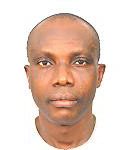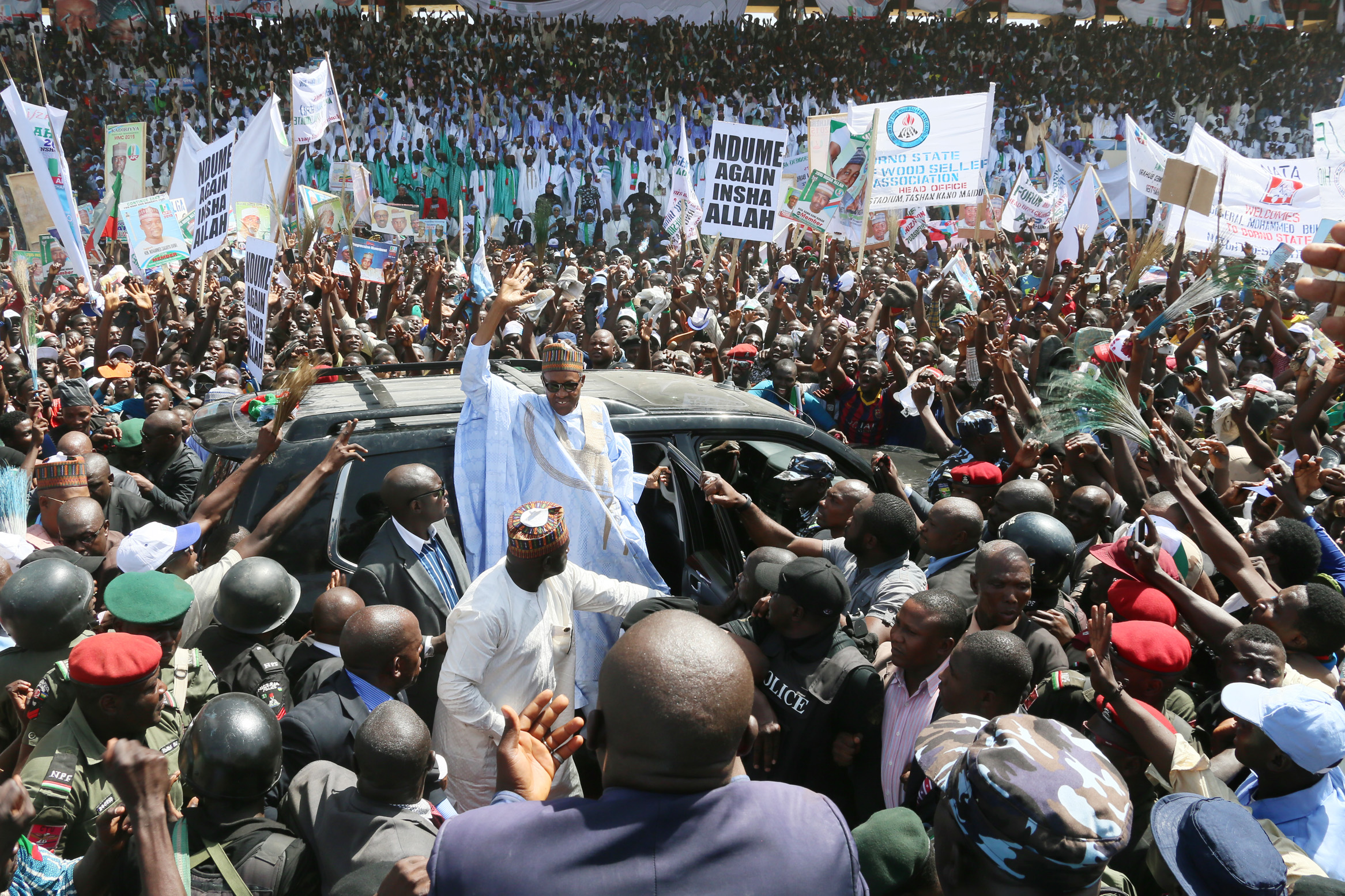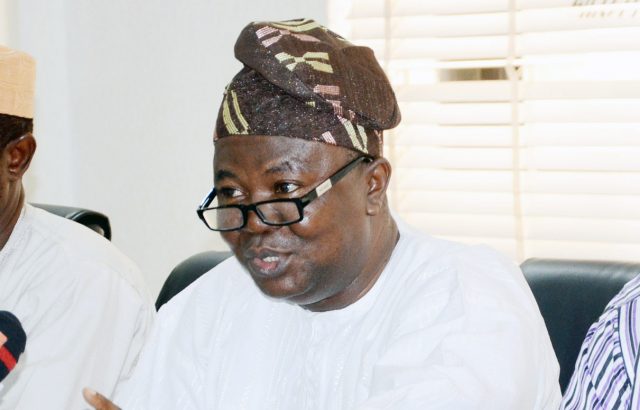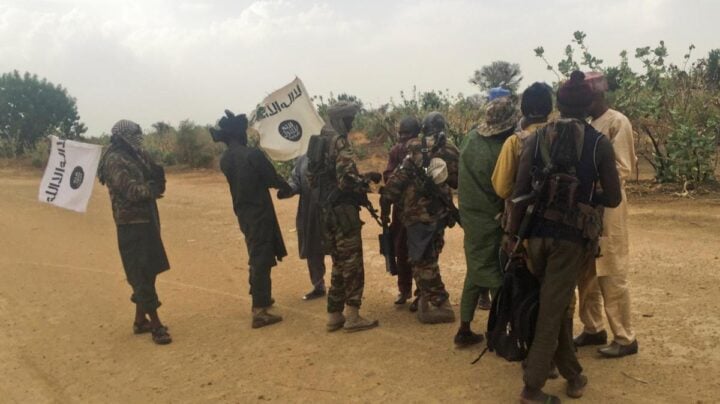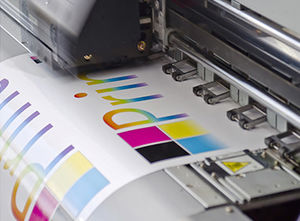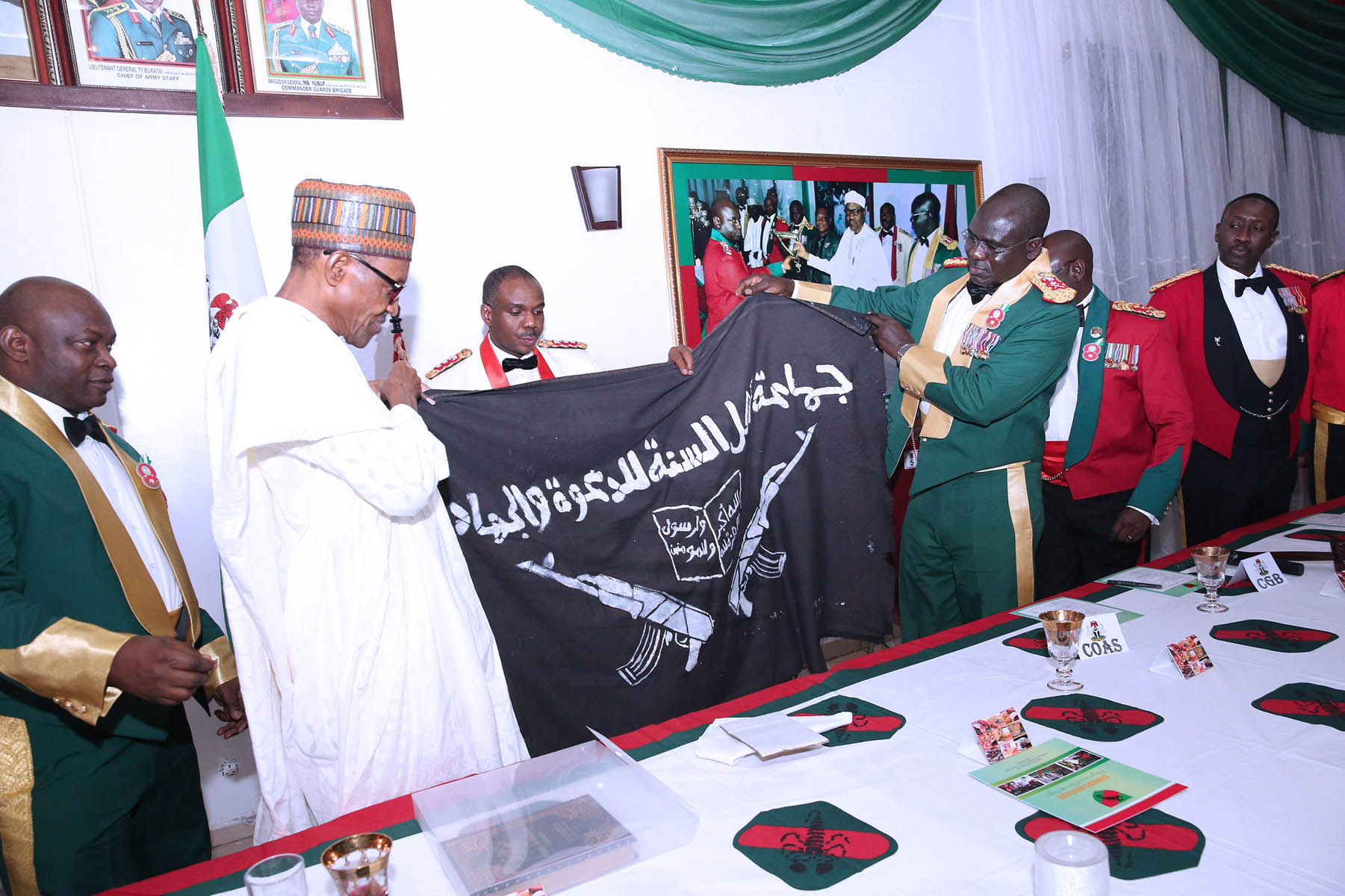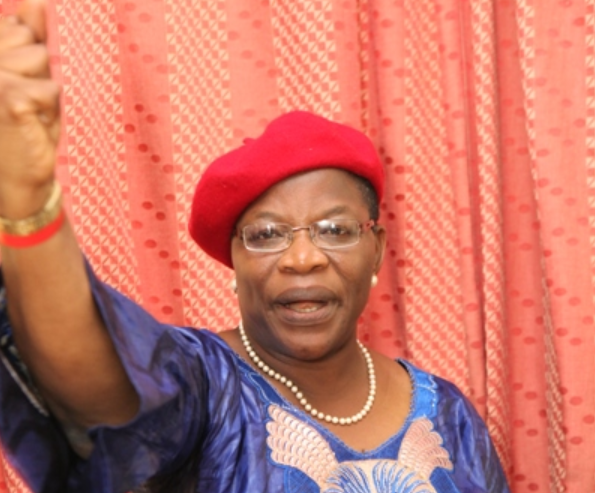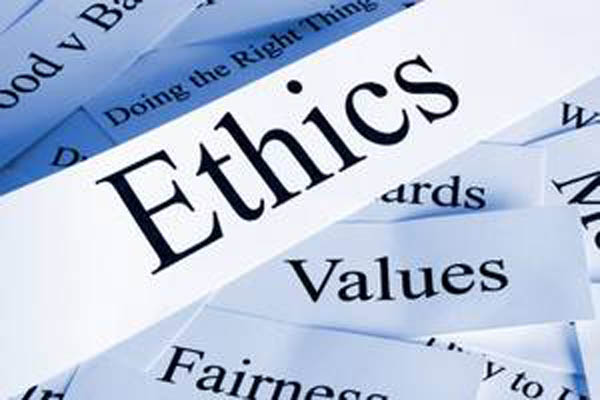One week after the official kick-off of campaigning for the 2019 presidential election, there is little action yet by most contenders known to have signified interest in the race. For an activity that the law provides a 90-day window, could it be they are yet warming up to hit the tracks?
The impending poll is potentiated with a multiplicity of options, and of all presidential contests in Nigeria’s political history, there’s been none with a field so crowded. But whether the huge number holds out genuine and actionable alternatives for voters remains to be seen.
Pending the publication of a definitive list of candidates, the Independent National Electoral Commission (INEC) has made known that a throng of political parties filed the particulars of flagbearers running on their respective platform. Besides President Muhammadu Buhari of the ruling All Progressives Congress (APC) and former Vice President Atiku Abubakar of major opposition Peoples Democratic Party (PDP), there are contenders like Donald Duke of the Social Democratic Party (SDP); Kingsley Moghalu, Young Progressive Party (YPP); Obiageli Ezekwesili, Allied Congress Party of Nigeria (ACPN); Fela Durotoye, Alliance for New Nigeria (ANN); Omoyele Sowore, African Action Congress (AAC); Tope Fasua, Abundance Nigeria Renewal Party (ANRP); Eunice Atuejide, National Interest Party (NIP); Adesina Fagbenro-Byron, Kowa Party (KP); Gbenga Olawepo-Hashim, Alliance for People’s Trust (APT) and Chris Okotie, Fresh Democratic Party (FDP).
Others include Chike Ukaegbu, Advanced Allied Party (AAP); Hamza Al-Mustapha, People’s Party of Nigeria (PPN); Alistair Soyode, Yes Electorates Solidarity (YES); Obadiah Mailafia, African Democratic Congress (ADC); Ahmed Buhari, Sustainable National Party (SNP); Usman Ibrahim Alhaji, National Rescue Movement (NRM); Eniola Ojajuni, Alliance for Democracy (AD); Sunday Chukwu-Eguzolugo, Justice Must Prevail Party (JMPP); Funmilayo Adesanya-Davies, Mass Action Joint Alliance (MAJA) and Nicolas Felix, Peoples Coalition Party (PCP). Also listed are Habu Aminchi, Peoples Democratic Movement (PDM); Yabagi Sani, Action Democratic Party (ADP); Moses Shipi, All Blending Party (ABP); Peter Nwangwu, We the People of Nigeria (WTPN); John Ogbor, All Progressives Grand Alliance (APGA); Edozie Madu, Independent Democrats (ID); Yahaya Ndu, African Renaissance Party (ARP); Davidson Akhimien, Grassroots Development Party of Nigeria (GDPN); Ike Keke, New Nigerian Peoples Party (NNPP); Hamisu Santuraki, Mega Party of Nigeria (MPN); Habib Gajo, Young Democratic Party (YDP) and Williams Awosola, Democratic People’s Congress (DPC).
Advertisement
Former Ondo State Governor Olusegun Mimiko was thrown up as presidential candidate by Zenith Labour Party (ZLP), but he has since set aside that mandate and scaled down his ambition to seeking a senatorial seat. Unless there are other withdrawals before the statutory deadline, all parties fielding candidates will have to be listed on the ballot for the February 16th poll – with attendant implications like cumbersome logistics for INEC, as in the bogus size of ballot paper that will be necessitated, and a confusing cluster of party options voters will confront even though there may be few genuine alternatives available.
So far, only a handful among the candidates has come up with an agenda for power if entrusted with it. Buhari of the APC and Atiku of the PDP swiftly hit out with blueprints of their respective manifesto, and it is widely assumed that the contest is a two-way race. But ACPN’s Ezekwesili and YPP’s Moghalu are mounting a stiff challenge against the duopoly and have been detailing alternative policy propositions. Other than these, little else has been heard in terms of clear-cut policy proposals from the army of candidates.
Economy is at the heart of the current power narrative in this country, and so we must interrogate the financials underlying to-do lists of the candidates. ADP’s Yabagi Sani was last week reported promising a minimum wage of N100,000 to workers if elected president; but without a plausible financial framework, such promise simply insults the intelligence of the electorate. Proposals by more prominent candidates for the poll are evidently better reasoned; they, however, as well need subjection to scrutiny if only to help with thinking through.
Advertisement
President Buhari, who is seeking re-election on a ticket with Vice President Yemi Osinbajo, outlined plans to upscale the administration’s employment generation drive, upgrade infrastructure and power supply, deepen social welfare with institutional structures like People’s Moni Bank and the Entrepreneur Bank, redouble its security and anti-corruption efforts, and boost the education as well as health sectors among other things. With the benefit of the last three and a half years, the administration perhaps has some integrity advantage.
But with these policy aspirations added to the pending carrot of an increase of the minimum wage to N30,000, one thing the policy highlights did not seem to address is how the financials add up. The Nigerian economy presently haemorrhages heavily from ‘under-recovery cost’ on local fuel consumption, which many would rather call subsidy on refined imports. This runs into tens of billions of naira yearly. Recent data from the Pipelines and Product Marketing Company (PPMC) showed that the volume of import indeed rose by 34 percent over the last year, implying higher obligations in subsidy cost. With the notoriously bad politics of raising the pumphead price of petrol, the administration is obviously cold on that option – especially after its 49 percent hike in 2015 that has turned out not eliminating the subsidy element in pricing template. But what then will it do to plug the huge drainpipe and save up for its proposed programmes?
Proposals by PDP’s Atiku Abubakar are more ambitious, and by that token raise a greater credibility challenge. The candidate promises, for instance, to ramp up economic growth, targeting a gross domestic product of $900billion by 2025 – which is about double the current level – and to lift “at least 50 million people out of extreme poverty” and as well create 3million jobs yearly. Among others, he also proposes partial privatisation of the Nigerian National Petroleum Corporation (NNPC) and selling off all four national refineries. Before the official start-off of the campaign, he had promised to revert the pumphead price of petrol to below N100. Atiku has not disclosed whom he will sell the refineries to, and with alleged records of the privatisation programme of the former Olusegun Obasanjo administration that he anchored as Vice President, he will need to do much assuring of the public the proposed sell-off won’t indeed be personal acquisition of public assets by indirection. Besides, he has not shown how refinery sell-off and part-privatisation of NNPC will translate to lower fuel price. Public experience with past deregulation of diesel and kerosene prices, and the more recent privatisation of the country’s electricity assets does not guarantee such outcome.
Both Ezekwesili and Moghalu were bold in declaring they would throw out oil subsidy and submit the sector to the free market, so to redirect funds involved to more socially impactful programmes. ACPN’s Ezekwesili, at one of her press conferences, reveried on what N1.3trillion allegedly being spent on subsidy yearly now could do in helping her lift 80 million Nigerians out of poverty. And for his part, YPP’s Moghalu has tagged the N18,000 currently obtained as minimum wage “poverty wage.” He proposes to fund a higher and sustainable wage level by eliminating oil subsidy and boosting tax revenue, among other measures.
Advertisement
One thing both candidates have not seemed to address is the inflationary ripples of high fuel prices that would follow the elimination of subsidy, and how they would handle the social upheaval that almost invariably attends such economic trend as was witnessed in France only last week.
Of course, it is morning yet on campaign day (apology to the late Chinua Achebe) and we may perhaps get clarifications on some of these posers in due course.
Please join me on kayodeidowu.blogspot.be for conversation.
Advertisement
Views expressed by contributors are strictly personal and not of TheCable.
Add a comment
